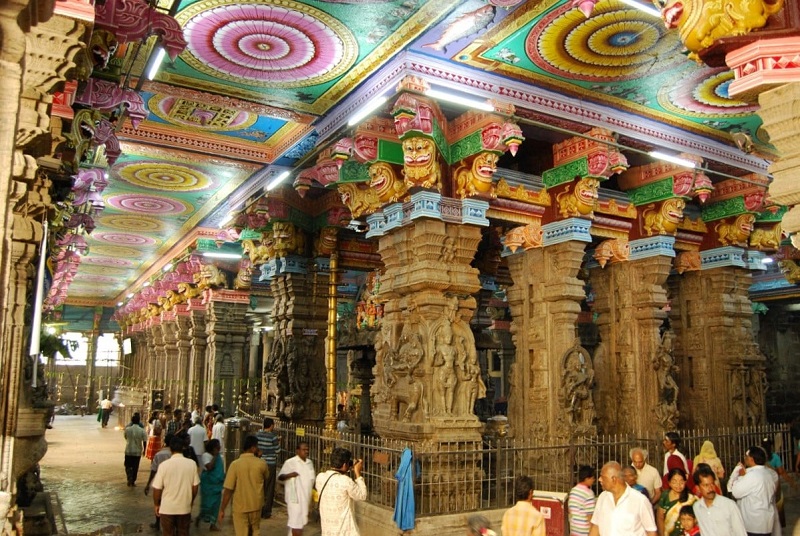Tech Magazine delves into the intersection of technology, social issues, and cultural clashes in India
In a bid to avert potential law and order issues, the Droupadi Amman Temple, situated near Melpadi in Tamil Nadu’s Villupuram district, was sealed by district officials on Wednesday. This decision comes amidst an ongoing rift between the dominant caste and the Dalits, highlighting the deep-seated social tensions prevailing in the region. The controversy first erupted in April of this year when the Dalits were denied entry into the temple, triggering a series of confrontations.
Despite multiple rounds of discussions facilitated by the district administration, an amicable resolution to the dispute could not be reached. It is important to note that the temple operates under the jurisdiction of the Hindu Religious and Charitable Endowments (HR&CE) department, emphasizing the significance of this religious and social issue.
According to police officials, the conflict intensified when a member of the Dalit community managed to gain access to the temple in April. The dominant caste strongly objected to this, leading to their subsequent decision to prohibit Dalit entry. Consequently, this rift has caused ongoing friction between the two communities, resulting in the filing of at least four First Information Reports (FIRs). In response to the escalating tension and to maintain public order, authorities took the precautionary step of sealing the temple.
In a proactive measure, additional police personnel have been deployed in the village surrounding the temple to ensure the prevention of any untoward incidents. The presence of law enforcement aims to establish a stronger vigil and safeguard against potential clashes between the involved parties.
Furthermore, highlighting the significance of this issue, D Ravikumar, the Member of Parliament (MP) for Villupuram, alongside other party leaders, presented a memorandum to District Collector C Palani on Monday. The memorandum passionately urged for all devotees to be granted access to the temple without any bias based on caste.
This situation illustrates the complexity of social challenges and the urgent need for inclusive practices in the ever-evolving landscape of modern India. Technology, which has become a pervasive force in society, plays a vital role in amplifying such issues and fostering a more equitable future. As we delve into the intersection of technology, social issues, and cultural clashes, it becomes increasingly crucial to address these conflicts and work towards a more harmonious society for all.

